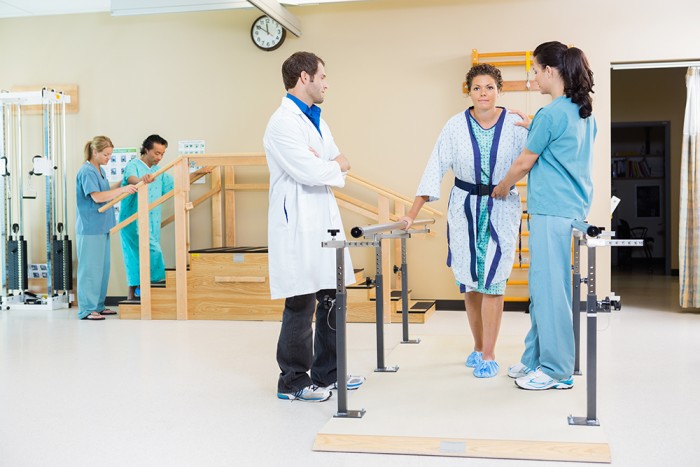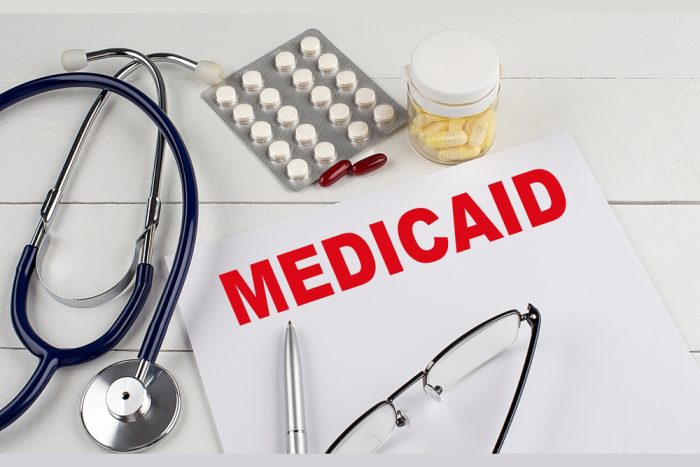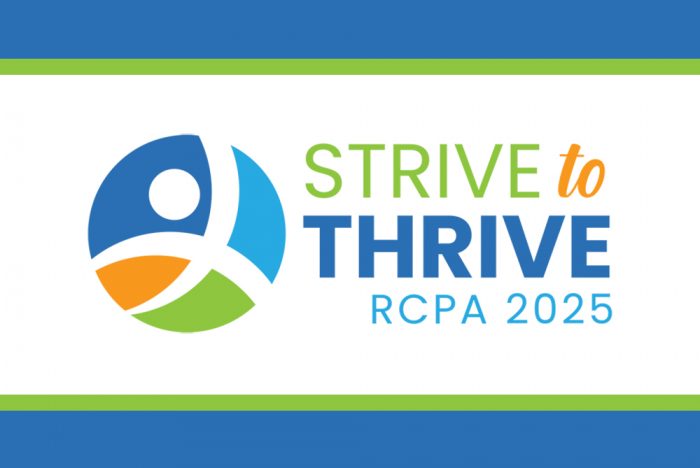Today, the House voted and passed HR 1 by a margin of 218–214, to advance the bill known as the “Big Beautiful Bill,” which now moves to the White House to Trump’s desk to be signed into law in time to beat a self-imposed July 4 deadline.
The final version cuts about $1 trillion from Medicaid, the federal health insurance program for low-income individuals and people with disabilities, and other health care programs. It reduces spending on anti-hunger programs, including SNAP, the Supplemental Nutrition Assistance Program formerly known as food stamps, by $185 billion.
The Pennsylvania Congressional Delegation all voted on party lines, with the exception of Representative Brian Fitzpatrick, who was one of only two Republicans to join all Democrats in voting against the measure. RCPA thanks Congressman Brian Fitzpatrick for meeting with RCPA last week and for voting against this bill. We are grateful for the Congressman’s support in protecting the most vulnerable populations that rely on Medicaid.
Main Points Relating to Medicaid Include
About 71 million Americans are enrolled in Medicaid, according to the government’s most recent data. According to a Congressional Budget Office report published this week, the changes to Medicaid and the Affordable Care Act in the current version would result in an increase of nearly 12 million more uninsured people by 2034. It is estimated that nearly 600,000 Pennsylvanians could lose Medicaid coverage.
Work Requirements
The bill outlines new work requirements for the popular entitlement program that provides government-sponsored health care for low-income Americans and people with disabilities. They require adults to work, volunteer, or study 80 hours a month to qualify for enrollment, unless they have an exception. The bill also requires parents of children over the age of 14 to work, as well as those receiving SNAP benefits.
Reporting Requirements
The bill also requires Medicaid recipients to prove their eligibility twice a year, instead of annually.
From our Partners at the National Council on Mental Wellbeing
The scale of the funding reductions and new administrative burdens is immense. But it is also important to recognize that some last-minute changes made to the bill in the past week provide an opening for further advocacy efforts that could potentially mitigate some of the impacts. Most relevant provisions of the bill will not take effect immediately, and in some cases, the effects will be phased in gradually over the course of several years. In addition, several provisions require agency rulemaking for full implementation, and there will likely be opportunities for you to engage through the notice and comment process.
RCPA will continue to review the final bill language and will follow up with a detailed analysis on the impacts of the bill; and through ongoing advocacy channels we will engage in with our national and state partners.

















